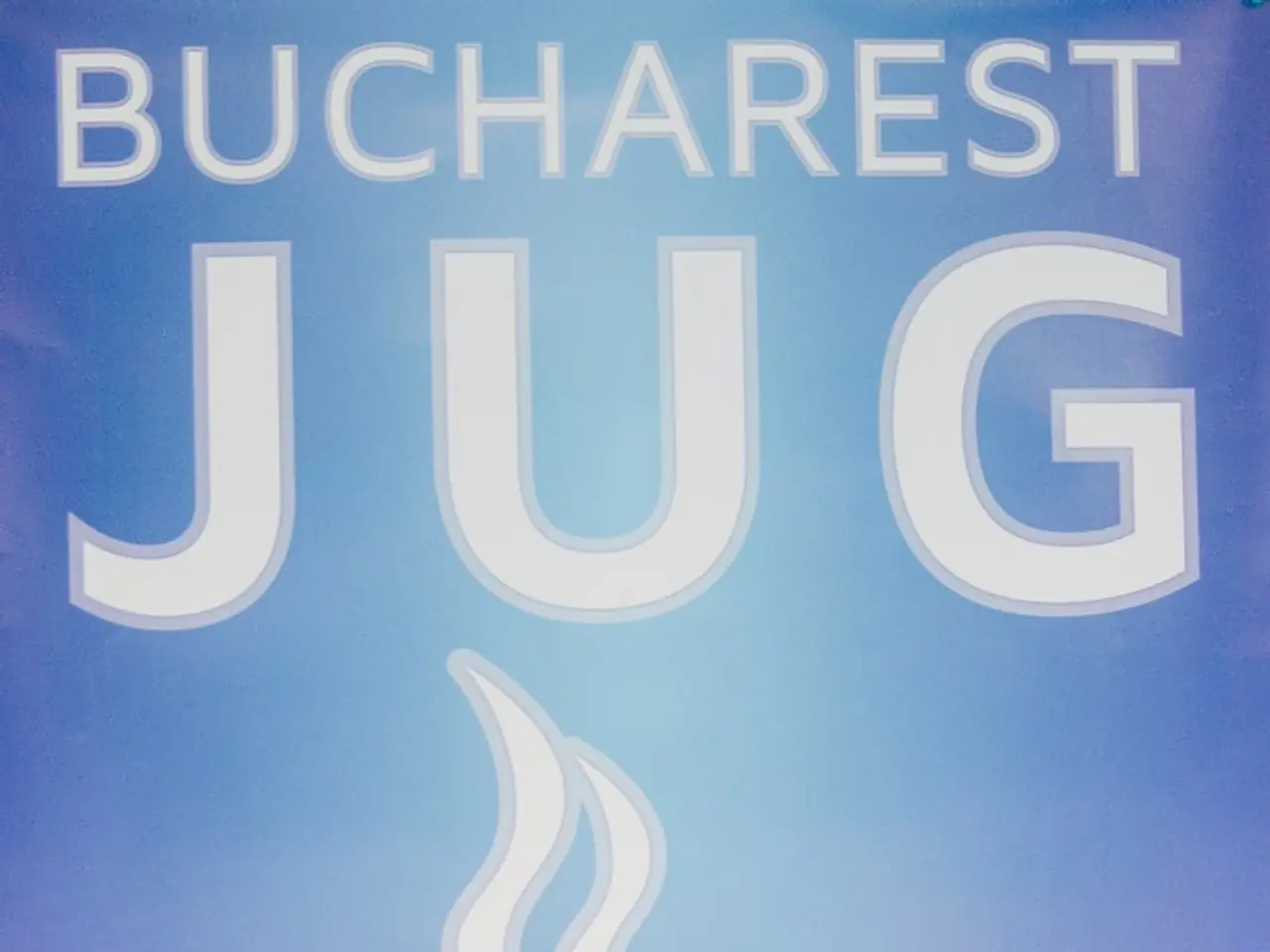Thuringia's Rental Market Stabile in 2024: Only Few Tenants Struggling with Rent Payments
No concerns for most residents of Thuringia - Unpaid rental obligations are not a prevalent concern among residents of Thuringia.
Let's dive into the rental situation in Thuringia for 2024—good news for Thuringians! Despite the bump in ancillary costs, the majority of renters are managing their payments just fine.
Among the municipal and cooperative housing firms, roughly half of the tenants live, and only 3.1 percent of rent payments added up to a total of 27.8 million euros in rental arrears last year. This figure hasn't changed much over the past few years, with 28.7 million euros in arrears back in 2015, and 26.5 million euros during the pandemic year of 2021.
Frank Emrich, the association's director, has shared that housing is crucial for most people, and housing companies keep a keen eye on arrears. If a tenant can't keep up with payments, there's a systematic approach in place: an initial call from the social manager, who helps discuss alternative aid options and payment plans—a strategy that seems to pan out based on the current 5 million euros in uncollectible rents, or under 1 percent of total rents.
One reason for the relatively stable levels of rental arrears might be the increased state support helps those in need. Renters for whom monthly payments are a struggle, especially with the rise in ancillary costs, can benefit from these services.
As for ancillary costs, the average cold rent in Thuringia is 5.63 euros per square meter and month, with ancillary costs adding another 3.16 euros per square meter. Bear in mind, ancillary costs can vary significantly depending on the region's energy prices and provider.
So, evictions due to overdue rent for an extended period are rare exceptions, says Emrich, even in the most extreme cases where every other solution has failed.
Terminations of rental contracts due to unpaid rent or misconduct by tenants are relatively low among the 265,000 managed apartments, with approximately 1,000 instances in 2024. That figure dropped to 930 in 2021 and was around 1,600 in 2015.
- Ancillary costs
- Thuringia
- Rental apartment
- Coronavirus
- German Press Agency
Behind the Scene
During the pandemic, ancillary costs for rental apartments may have increased due to a combination of factors such as rising energy prices, supply chain issues, and pandemic-related costs like increased cleaning and ventilation. These increased costs might have added to the financial stress faced by some tenants, requiring additional state support to help them manage those expenses.
Sources:- German Press Agency- Association of Housing Companies (Wohnungsverband Thüringen)
- In light of the stable rental market in Thuringia, local housing companies are considering implementing community policy changes to offer vocational training programs for residents, aiming to improve their financial situations and foster self-sufficiency in the business sector.
- As ancillary costs for rental apartments continue to rise amidst the pandemic, the German government has allocated substantial funding for vocational training initiatives, allowing individuals in Thuringia's general-news sector to seek appropriate training and secure stable careers in various industries.





